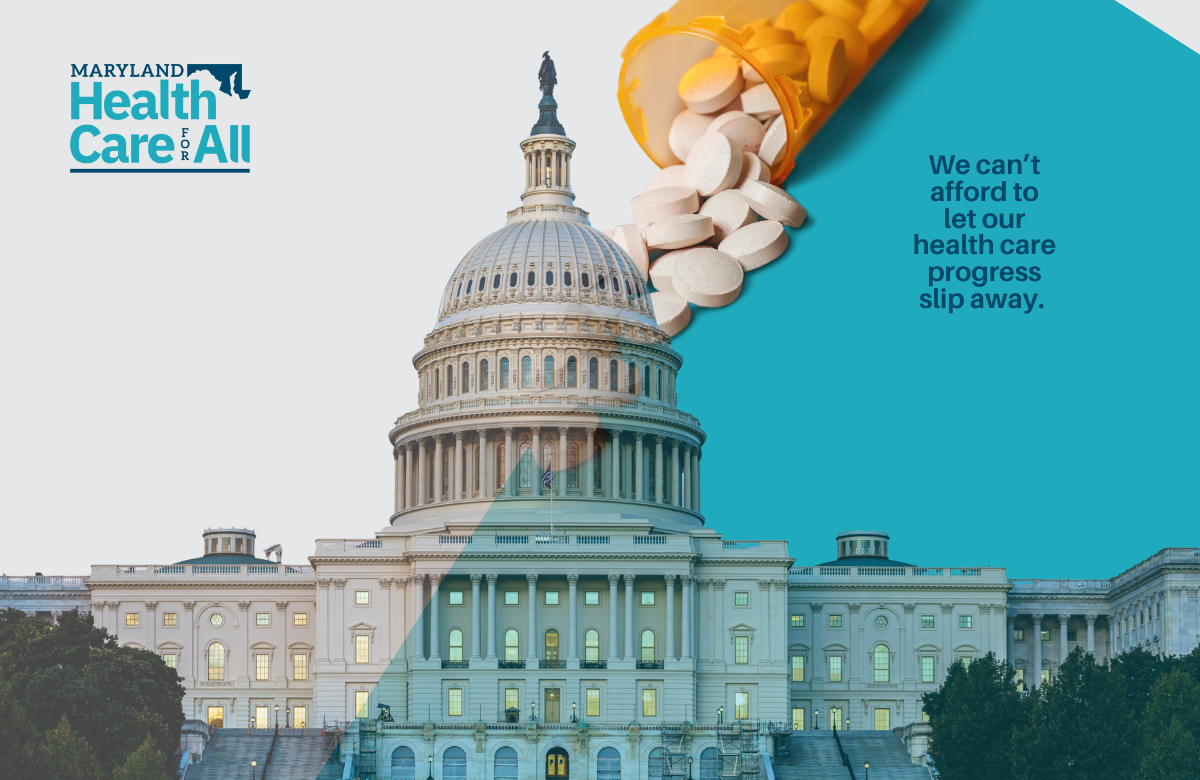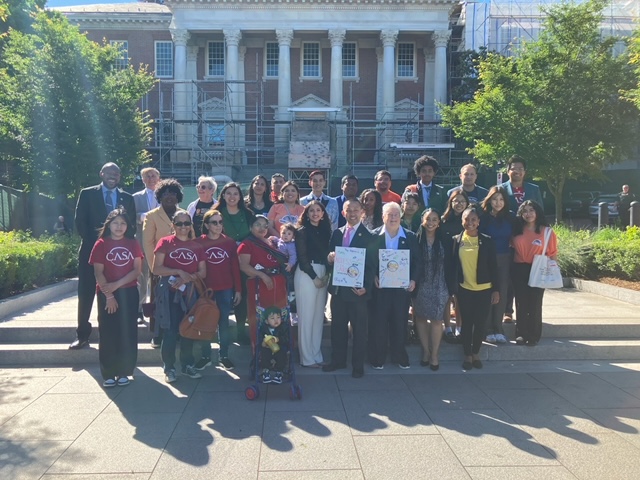The Washington Times
November 25, 2012
By David Hill
Smokers in Maryland pay one of the nation’s highest tax rates on cigarettes, and they could pay even more next year if state health advocates get their way.
Vincent DeMarco, a prominent health lobbyist in Maryland, is urging lawmakers to raise the state’s $2-a-pack cigarette tax to $3 during next year’s General Assembly, which would vault Maryland’s tax from the 11th highest in the nation to the sixth highest.
States have jumped on cigarette tax hikes as a way to generate revenue and curb smoking in recent years, with 21 states and the District raising their rates since Maryland last did so in January 2008, according to the Campaign for Tobacco-Free Kids.
Mr. DeMarco, who fought for Maryland’s 2008 increase and has
engineered recent tax hikes on alcohol and noncigarette tobacco
products, says tax increases help smokers quit and bring the state
both more revenue and massive savings from not having to treat as many
tobacco-related health problems.
“The good thing about tobacco increases is they achieve both goals,”
said Mr. DeMarco, president of the Maryland Citizens’ Health
Initiative. “It’s really a win-win for the state, but we’re doing this
because it’s a public health measure.”
Maryland has raised its cigarette tax three times since 1999, when the
rate was just 36 cents a pack. It jumped to 66 cents that year, then
to $1 in 2002 and to $2 in 2008.
Mr. DeMarco estimates that an increase to $3 would bring the state an
additional $100 million in annual revenue.
As recently as last spring, many Maryland lawmakers bristled at
raising the cigarette tax so recently after the 2008 increase. But
among the 21 states that have raised their taxes since then, seven
states and the District have done so multiple times over that span.
Hawaii has raised its tax four times since 2008 by a total of $1.20.
New York hiked its cigarette tax by a combined $2.85 in 2008 and 2010,
bringing it to a nation-leading $4.35 a pack. The District raised its
tax in 2008 and 2009 by a combined $1.50 to the current total $2.50
per pack rate.
Opponents argue that such increases unfairly penalize smokers for
their lifestyle choices and that the revenue often goes to causes
unrelated to public health.
Critics also contend that tax hikes don’t lead smokers to quit as much
as they lead them to buy their cigarettes in other states.
“For across-border purchases, [an increase] just makes it more
attractive,” said state Sen. David R. Brinkley, a Frederick Republican
who says sin-tax increases often hurt his county’s business owners by
leading residents to buy their tobacco and alcohol in Pennsylvania or
Virginia.
The Maryland comptroller’s office has reported an increase in recent
years of smugglers bringing cigarettes into the state from Virginia,
whose 30-cents-a-pack cigarette tax is the nation?s second lowest
behind Missouri’s 17 cents.
The office has increased efforts to catch smugglers, who sometimes
carry thousands of packs of cigarettes at a time. The office has
argued that Maryland needs to increase the penalties for smuggling
before it touches the cigarette tax again.
Transporting contraband cigarettes in Maryland is currently a felony,
which is punishable by a maximum $50-a-carton fine and two years in
prison. Possessing contraband cigarettes is a misdemeanor that carries
a $1,000 fine and a maximum of one year in prison.
“Raising the taxes on cigarettes without tightening the enforcement on
smuggling is going to lead to more problems,” Kim Frum, spokeswoman
for Democratic Comptroller Peter V.R. Franchot, told The Gazette
recently. “These are very lucrative smuggling operations.”
Mr. DeMarco said that aside from large-scale smuggling, he thinks the
stories of regular consumers driving across the border to buy
cigarettes and other items are overplayed.
He said reduced cigarette sales in Maryland have more to do with its
residents quitting smoking. He says studies have shown that smoking
has dropped by 32 percent in Maryland since 1999, which exceeds
national trends.
“People aren’t going to spend $4 in gas to save $1 on the cigarette
tax [in another state],” he said. “There will be a little bit of that,
but ultimately you’re going to have fewer people smoking.”




